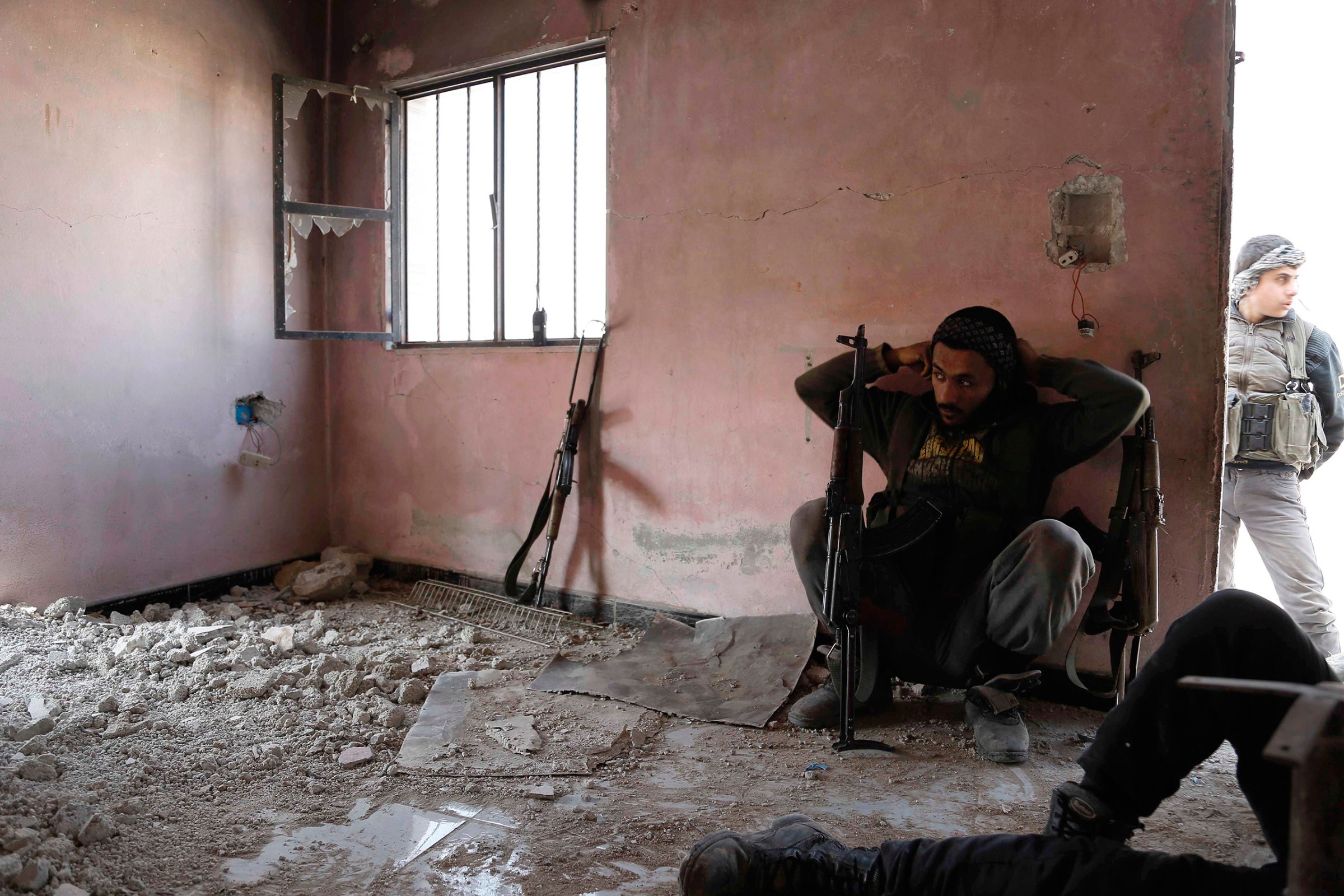
A fragile cease-fire remained intact for a third day in parts of Syria on Monday, even as monitoring groups reported renewed Russian airstrikes on areas held by opponents of the regime of Bashar Assad.
The reports of shelling on Saturday and Sunday were the clearest sign to date of the erosion of the truce agreement announced a week ago by the United States and Russia. Syrian opposition groups had been deeply skeptical of the truce, which applies only to the Assad regime and its allies and an array of rebel groups fighting the government in Damascus.
The international agreement followed weeks of intense airstrikes by the Russia and the regime against rebel-held areas. The renewed offensive displaced 70,000 people in roughly two weeks in February and brought the regime close to surrounding a crucial rebel stronghold in the city of Aleppo.
Even in the opening hours of the agreement, which went into effect Saturday, human rights groups reported violations of the cease-fire by Russian and regime forces. The Syrian Network for Human Rights said it documented 14 separate violations by Russia and the regime on the first day of the cease-fire in attacks that killed 15 people, including two civilians.
The group said the attacks included two incidents of barrel bombing, in which government forces dropped crude, unguided containers packed with explosives in northwest Syria.
Russian monitors also accused rebel groups of nine separate breaches of the truce, including six alleged incidents in the Damascus area, and a car suicide bombing near the city of Hama, according to Russia Today.
Read more: The Syrian Refugees Trapped Between an Angry Turkey and a Vengeful Assad
Nevertheless, monitors and rescue workers said the situation in the opening day of the cease-fire had been relatively calm, standing in contrast to the weeks of bombardment that preceded the truce. “Quieter than normal today: but ‘normal’ should be no barrel bombs, no artillery, no mortars, no civilians killed,” tweeted the Syrian Civil Defense organization known as the White Helmets on Sunday. And the United Nations seemed poised to resume humanitarian aid Monday to areas stranded by the fighting.
“I think in many ways the truce has positively surprised many people by lasting for a few days—let’s put it this way—so far,” said Lina Khatib, a Syria analyst and senior research associate with the Arab Reform Initiative, a think tank in Paris.
“However we have to remember that this is a truce that applies to two very limited areas in Syria, and it’s a precarious truce that is contingent on no mistakes happening,” she said in a phone interview Monday.
Read more: Syria’s Lost Cause
The potential pitfalls in the agreement are numerous. The truce excludes jihadist groups ISIS and al-Qaeda affiliated Jabhat al-Nusra, as well as “other terrorist organizations” as designated by the United Nations. Russian officials have said in the past that they regard anti-Assad rebel groups as terrorists, and renewed Russian bombing of such groups could derail the accord. For their part, ISIS and Jabhat al-Nusra could also end the period of calm by staging an attack.
The current cease-fire is meant to pave the way for peace negotiations currently set for March 7. A previous round of indirect talks collapsed in January when Russia accelerated its air offensive on opposition-held sections of Syria.
Analysts said the tenuous calm did demonstrate that the rebel camp, which is split into dozens of disparate groups, respects the authority of the High Negotiations Committee, an umbrella group established in December as a step intended to pave the way toward negotiations.
“The fact that 97 rebel groups have declared that they will abide by the truce, and have indeed abided by it, shows they are on board to try to make political process work,” said Khatib.
More Must-Reads from TIME
- Why Trump’s Message Worked on Latino Men
- What Trump’s Win Could Mean for Housing
- The 100 Must-Read Books of 2024
- Sleep Doctors Share the 1 Tip That’s Changed Their Lives
- Column: Let’s Bring Back Romance
- What It’s Like to Have Long COVID As a Kid
- FX’s Say Nothing Is the Must-Watch Political Thriller of 2024
- Merle Bombardieri Is Helping People Make the Baby Decision
Contact us at letters@time.com